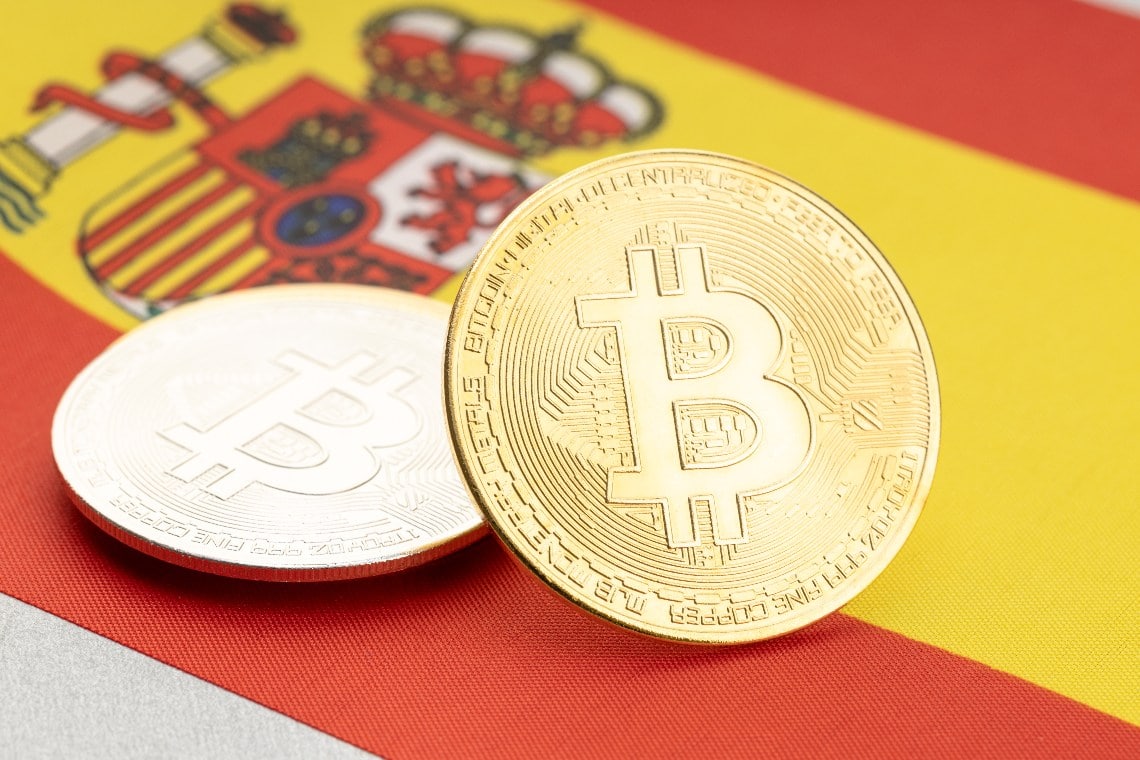In Spain, two days ago, in consultation with the Spanish Parliament, the Ministry of Finance initiated the amendment of the “ley contra la fraude fiscal,” in the part that refers to the declaration of assets abroad in the 720 and 721 models. Last July, the government imposed the declaration in the said model to those who held bitcoin and other cryptocurrencies abroad. Last month, a ruling by the European Court of Justice had declared the harsh penalties imposed by the rule, in case of non-compliance, as illegitimate, requiring the Iberian parliament to change them.
Summary
The declaration of cryptocurrencies in Spain
The Spanish Parliament approved an amendment simplifying the Model 720 declaration, which required taxpayers to disclose what and how much cryptocurrency was held outside of Spain. The rule included heavy penalties for false, incomplete, or even inaccurate data. The amendment would work to remove many of these penalties.
However, the Minister of Finance, María Jesús Montero, defended the rule’s rationale, considering digital assets to all intents and purposes as assets and therefore to be declared in the model that covers assets held by Spanish taxpayers abroad.
The amendment is expected to enter into force by March 31 next year, which is also the deadline imposed by the European Court of Justice to amend the law.
Under the previous rule, Spanish taxpayers could incur penalties of up to 150% of assets held abroad. This sanction is canceled by the new amendment, while the penalties, which could reach a maximum of 10,000 euros for incomplete or inaccurate data, are significantly reduced.
The declaration of the model 720 was due to all those who owned assets abroad for an amount exceeding 50,000 euros. The rule referring to cryptocurrencies was quite controversial both for the amount and especially for the difficulty in considering the geographical location of a digital asset such as a cryptocurrency. And these were some of the considerations that gave rise to the ruling of the European Court of Justice, which considered the sanctioning regime as “extremely repressive.”
Spain counters cryptocurrency fraud
The law that came into force in October 2020 and aimed to counter fraud and money laundering had been subsequently amended in July precisely to include the new rule on taxation for holding cryptocurrency abroad
🔸Se incorpora la obligación de informar sobre la tenencia y operativa con monedas virtuales, tanto en España como en el extranjero si afecta a contribuyentes españoles.
🔸Se exigirá información sobre saldos y titulares de las monedas en custodia.
— La Moncloa (@desdelamoncloa) October 13, 2020
On the other hand, just in Spain in Valencia, the Guardia Civil arrested at the beginning of the year a 45-year-old man accused of being one of the biggest fraudsters in digital assets in Europe, from whom assets worth 2.5 million euros were seized.
Also, in January, the Spanish government established strict regulations on cryptocurrency advertising, which has also been extended to influencers on social media. According to these new rules, any promotional campaign related to the world of cryptocurrencies must first pass the scrutiny of the CNMV, the Spanish correspondent of the Italian CONSOB.




